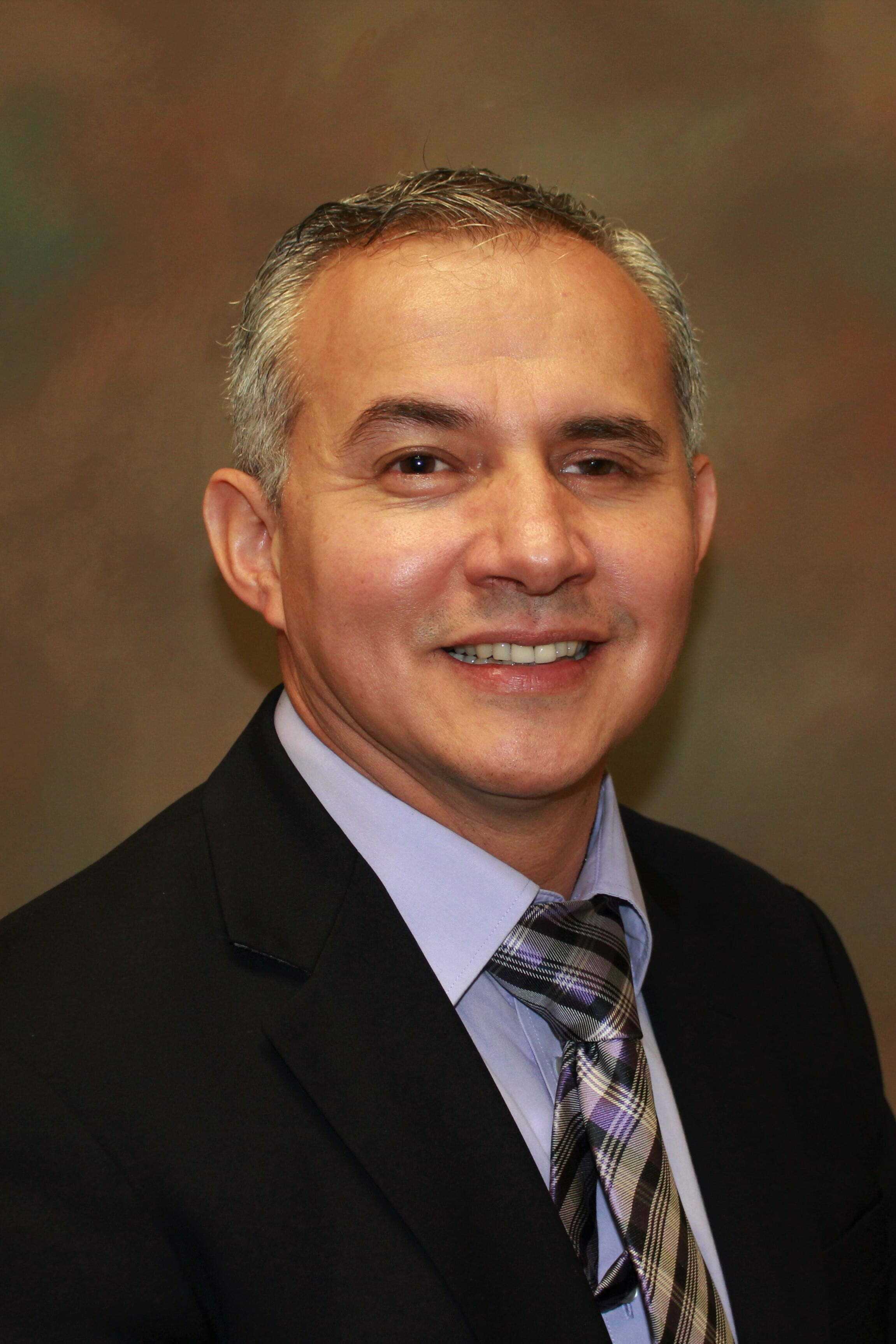Member Insight – David Lopez
 What sparked your decision to become an epidemiologist?
What sparked your decision to become an epidemiologist?
When I was a kid growing up in the poorest neighborhoods of Ciudad Juarez, Mexico, it was always on my mind and heart that I wanted to do something to help people in need. For some reason, the idea to help was related to the health or the well-being of people in need. Then, my parents moved my brothers and I to El Paso, TX, and my science courses in high school and college helped me confirm the possibility that I could actually make this difference in people’s lives related to their health. However, when I was in college I spent several days by myself in the lab sacrificing rats for my thesis project, and I told my thesis advisor that I realized that I was not very excited about laboratory work. I was more interested in doing something more specific for the benefit of people. She asked me if I had heard about epidemiology. I replied no and asked what it was. She recommended to look for it on the internet and I did. Everything I read about it was a perfect fit for me. Many years passed after that initial encounter, but my epiphany and passion about epidemiology was galvanized when I started my postdoctoral training at Johns Hopkins Bloomberg School of Public Health, under the supervision of Dr. Elizabeth Platz. In the first year of my doctoral training I was also an instructor/teaching assistant for the Epidemiologic Methods course taught by Drs. Platz and Jonathan Samet. Those were the best epidemiologic courses that I have ever attended and at that moment epidemiology started making sense for me. I was so engaged that I was reading several epidemiologic textbooks during my free time just for fun. In addition to the didactic training at Hopkins, the mentorship of Dr. Platz helped me to become more focused in my goal to help people. My research focused was on cancer epidemiology (prostate cancer), cancer health disparities and men’s health research (testosterone research). Dr. Platz’ professionalism and high standards gave me a reference point for my professional career, since I was the first in my family to graduate from high school and college. My passion for epidemiology has not changed at all since then, but in the last 7 years that I have been teaching epidemiologic methods I have invested lots of time teaching and mentoring students, and that’s what keeps pumping me up to become a better teacher, mentor and researcher.
What do you see as the biggest obstacle facing epidemiologists in the next five years?
The beauty of the field of epidemiology is that it is a living field. Every day we are identifying new methods and strategies to improve the field; for example, new strategies to reduce/control biases (confounding and selection), more sophisticated statistical analysis, new potential study designs (emulating target trials), and leveraging the “Big data” concept. Therefore, the field of epidemiology is indeed thriving. Yet, the biggest obstacle that I see in epidemiology is related to getting grants funded. When I talk with my epidemiologist colleagues, they never sound discouraged about the new discoveries in the field of epidemiology or the new sophisticated statistical analysis; rather, they, including me, sound discouraged about not getting grants funded in order to get promoted. To this point, in my second year as an Assistant Professor in Epidemiology during my faculty evaluation I told my former supervisor that I had a passion for epidemiologic methods. He told me that it was going to be very difficult to get grants funded in that field; therefore, he told me that I should treat epidemiologic methods as my “hobby and not as my research career in that institution.” There should be a much bigger force to drives us to become better epidemiologist and public health professionals than the force of getting a grant funded.
Do you have any pets?
No pets.
Outside of epidemiology what do you enjoy doing?
Spend time with my wife and 2-year old baby boy. And of course, jogging, lifting weights, boxing and biking.
What is something that not many people know about you?
I love to barbecue brisket and pork ribs. Yes, I have one of those large smoker grills and I can spend 5 to 12 hours in my backyard barbecuing ribs and brisket (except when there are grant application deadlines).
Why did you join SER? What keeps you coming back?
I am part of the SER-Diversity and Inclusion Committee and I enjoy the dynamics of our committee, and the work/projects we propose/discuss to implement in the next future.
What advice do you give students who want to become epidemiologists?
The first day of class in my epidemiology course I asked the students this question: what is your public health or epidemiology calling/burden? We as epidemiologists need to choose a epidemiology calling/burden that motivate us to do something passionately about it, and to which we are willing to dedicate our time and energy to make a difference in the world. Perhaps because I am already in my mid 40’s I have been able to identify that I have two callings: 1) my first calling is that I care about the young generation of epidemiologist. I care about their future in the field and I want them be leaders in the field. I teach an epidemiologic methods course with passion because I would like students to have a strong foundation in epidemiologic methods, so they can target those health problems/chronic diseases with the right research tools. 2) My second calling is to make a difference in cancer epidemiology and men’s health (prostate cancer and testosterone research).
